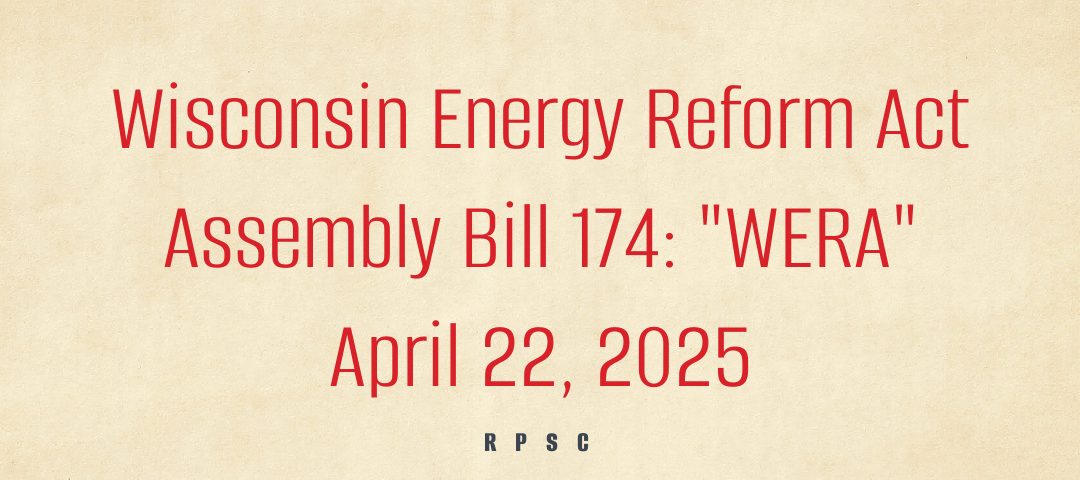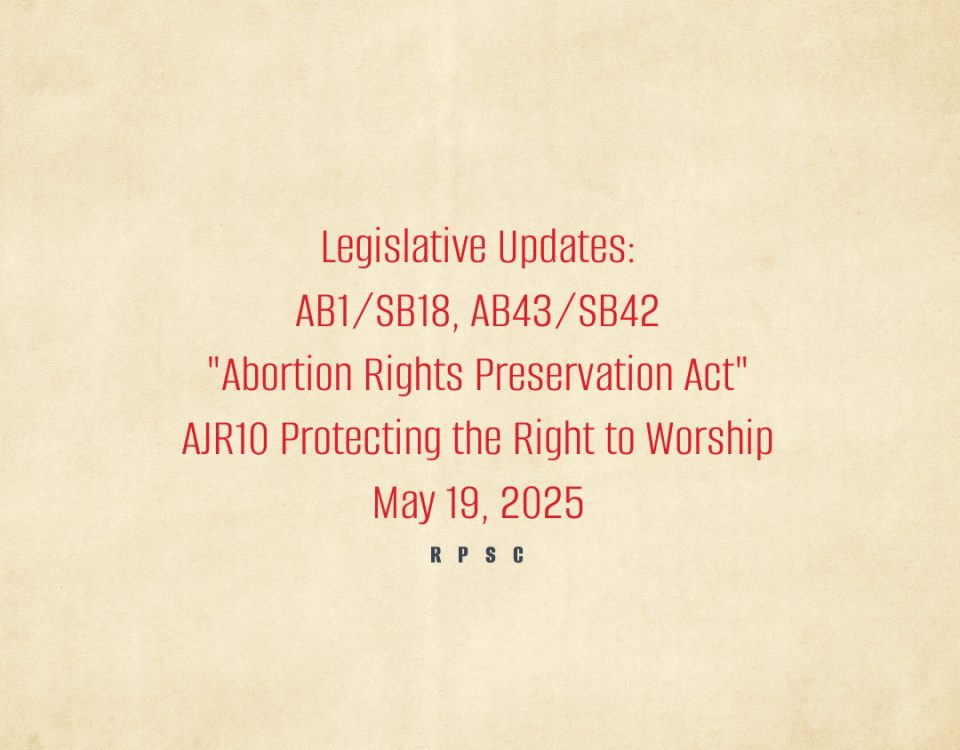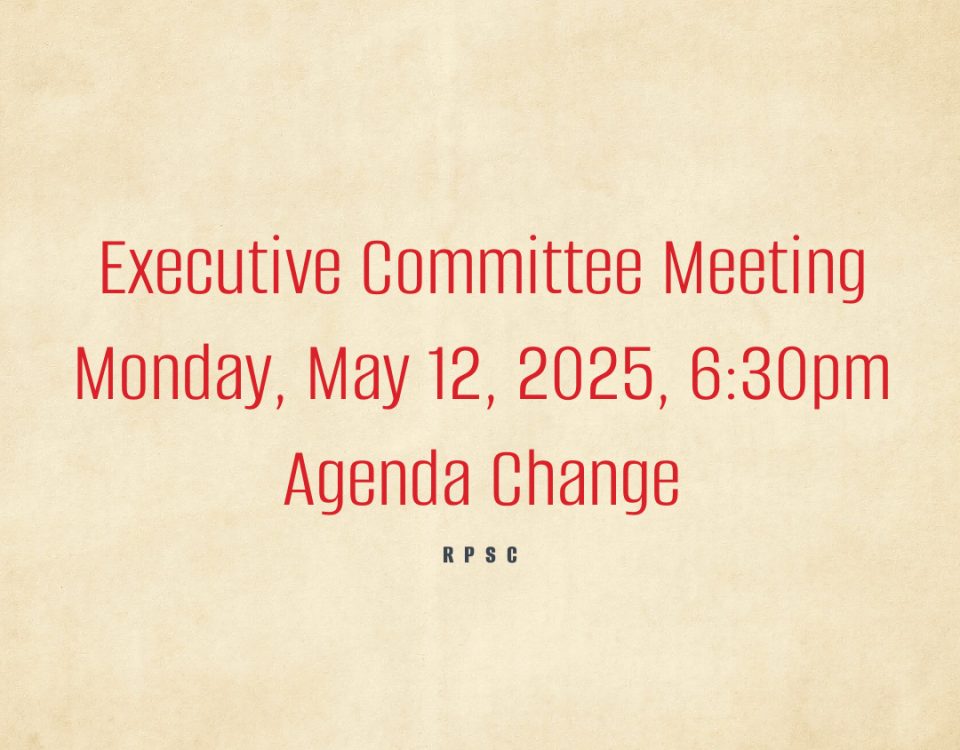
Spring Holiday? It’s called Easter.
April 16, 2025
Protecting Our Classrooms: A Call to Action for Parents and Community Members
April 23, 2025Assembly Bill 174: “WERA”
https://docs.legis.wisconsin.gov/2025/proposals/ab174
Principles ought to guide policy. One of our core principles as conservatives is a free market guided by ordered liberty. Any law or proposed law that limits the free market at the expense of the consumer violates that principle. While AB 174 has some positives, we believe that the negatives and legal concerns outweigh the hoped-for benefits.
Wisconsin Assembly Bill 174 introduces several measures related to renewable energy development. These include positive steps like farmland preservation requirements, light pollution mitigation for energy facilities, and shifting energy priorities toward nuclear power. However, one provision in the bill raises serious concerns: the inclusion of a Right of First Refusal (ROFR) for interstate transmission line projects.
While we strongly support farmland preservation and responsible land use, those goals should stand on their own and not be tied to anti-competitive provisions. We would like to see a standalone bill without ROFR, making Democrats vote against preserving farmland for the sake of their green energy buddies.
Right of First Refusal Legislation allows the incumbent transmission company to be the sole bidder on transmission line projects in their coverage area.
Out of fairness, we must mention that ROFR already exists for many intra-state transmission lines. AB 174 actually de-ROFRs those lines and establishes competitive bidding; a pro-market, pro-consumer move. However, the bill also establishes ROFR for Interstate transmission lines and removes competitive bidding: an anti-market, anti-consumer move. It’s also important to note that because of federal rules, those states that have ROFR are able to cost shift out of state money towards their in-state companies and away from other states. Wisconsin is currently on the losing end of that cost shift and the legislation is an effort to address that. However, it appears unlikely those cost savings will find their way to the consumer.
The ROFR provision allows incumbent utilities to take over new transmission projects proposed by independent developers, even after those developers have invested time and money into planning and permitting. As long as the utility agrees to match the proposal, they can effectively “cut in line” and assume control.
However, by allowing utilities to sidestep competitive bidding, WERA threatens to reduce accountability and increase costs. Competitive bidding is a cornerstone of fair and transparent governance. It protects taxpayers and ratepayers by forcing companies to compete on price and quality, ensuring that public funds are spent more wisely and that new energy infrastructure is built efficiently.
ROFR also presents legal concerns. The Wisconsin Institute for Law and Liberty (WILL) wrote an excellent article on why they believe ROFR is unconstitutional and a violation of interstate commerce. We’ll link to the article below.
https://will-law.org/memo-oppose-right-of-first-refusal-legislation-rofr/
What You Can Do:
We encourage all members and concerned citizens to dutifully research the bill and contact their legislators with questions or concerns. Your voice can make a difference.
- Visit legis.wisconsin.gov
- Enter your address in the link above to find your state legislators.
- Call or email your legislators to respectfully share your thoughts.




Chair Statement Re: WISGOP 04.13.2025 Bylaw Notification
Read more